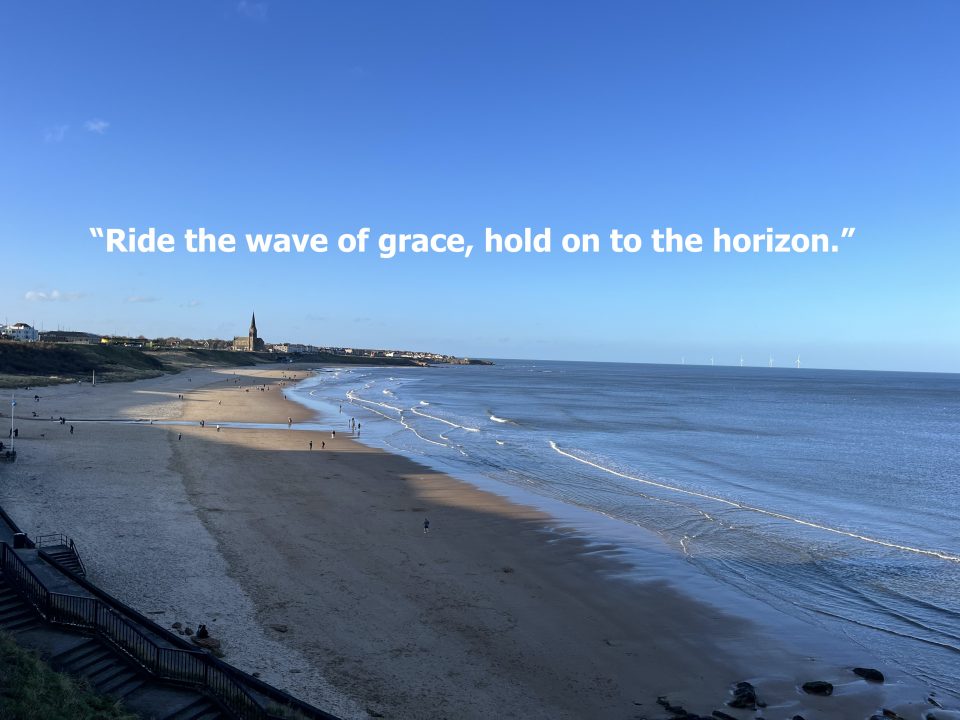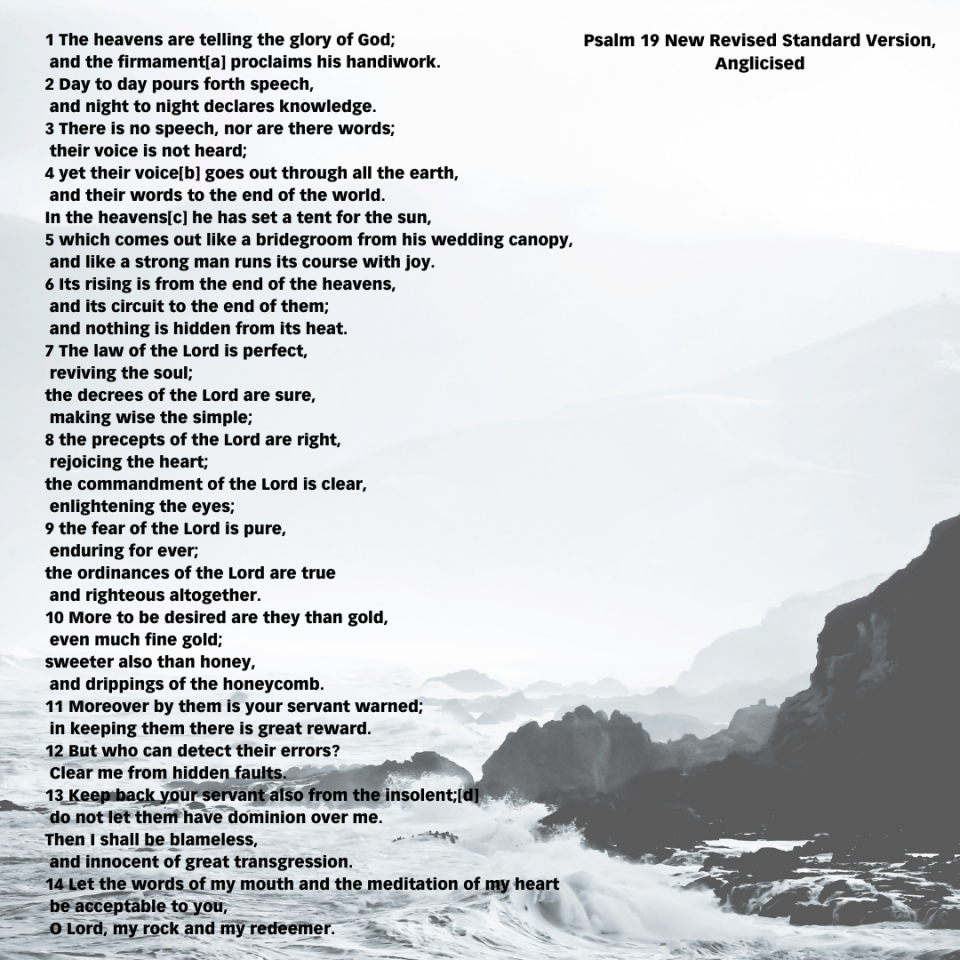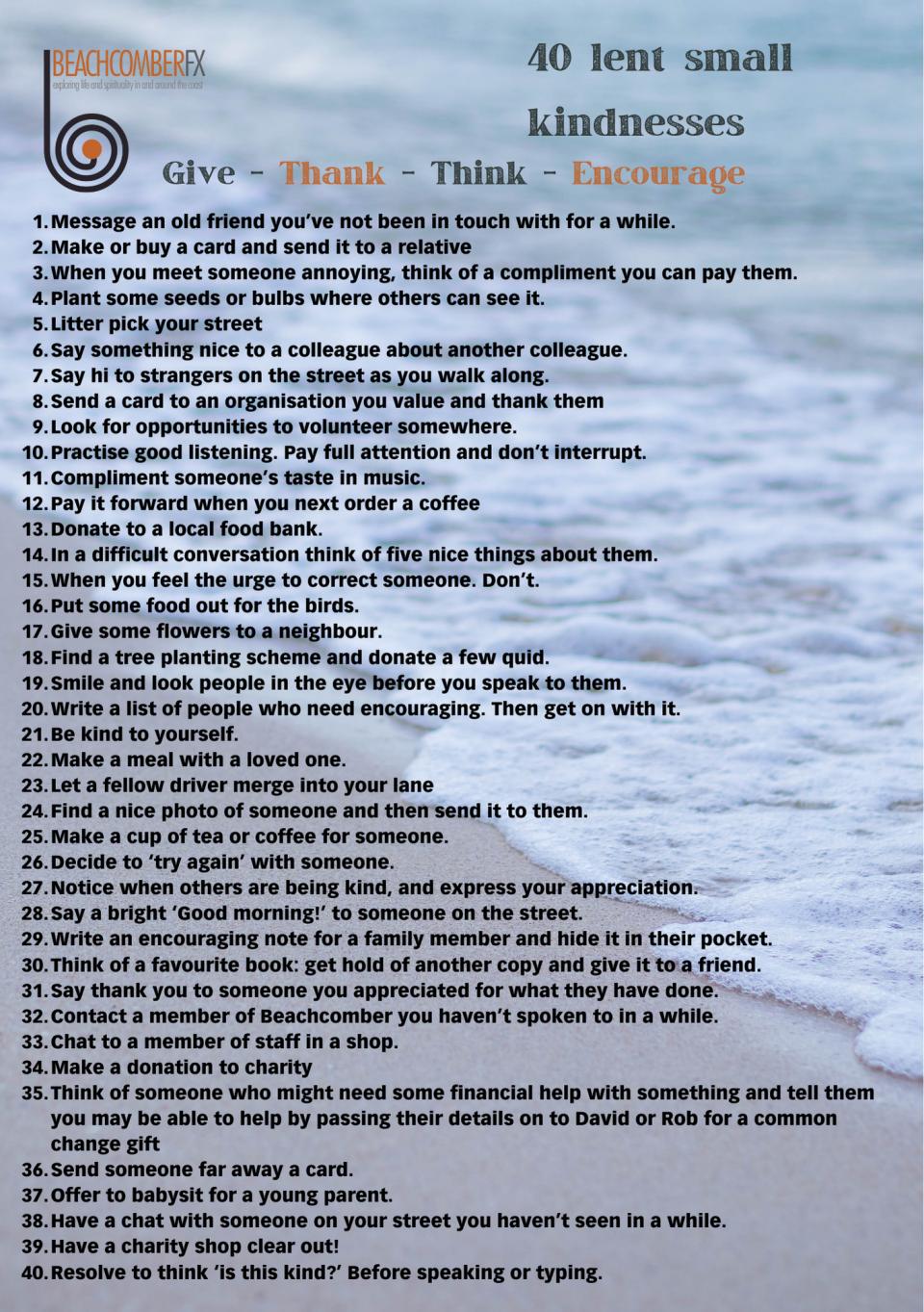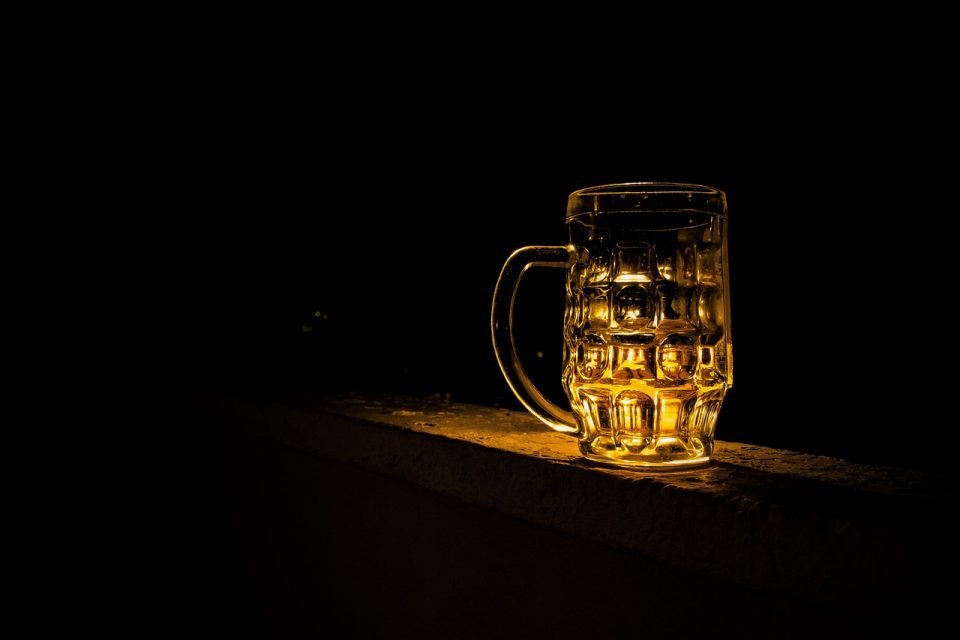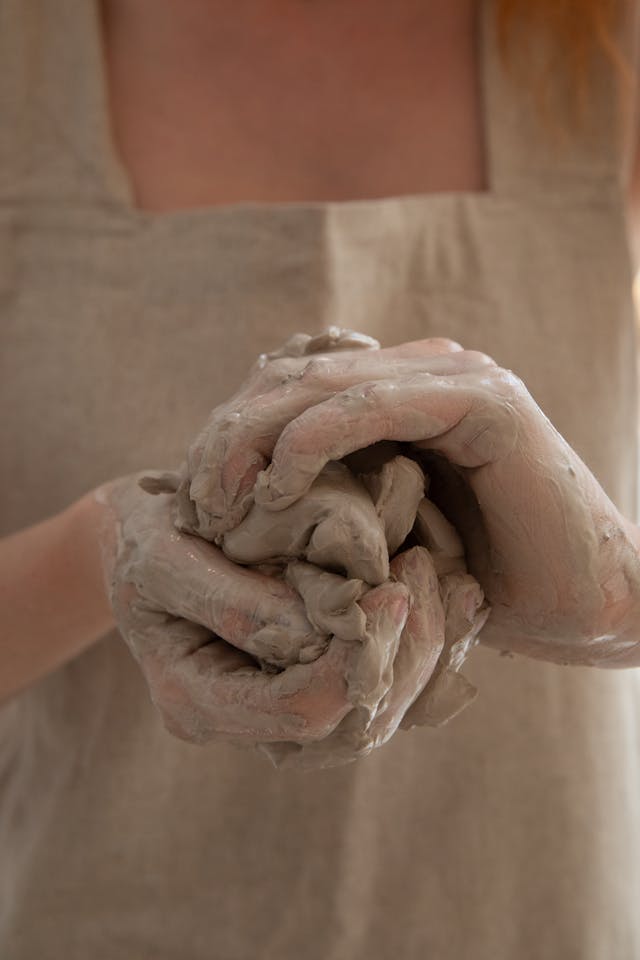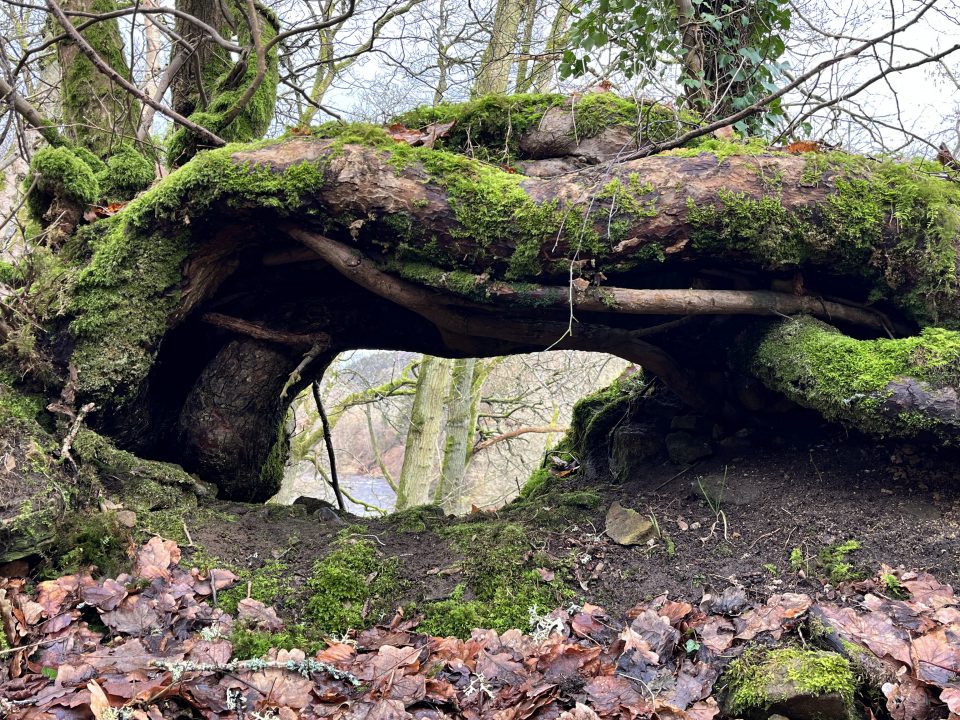Hi folks, I hope your are doing ok, it has been a bit of a week for Karen and I, but we are looking forward to gathering for a relaxed evening of Puddings and Pints at the Tynemouth Castle meeting from 7.30. I hope you can join us. Peace, Rob Image by Anna from Pixabay Rob WylieRob Wylie is the founder of BeachcomberFX …
Q evening
Hi folks, I hope you are ok! This week we are meeting at the Tavern and Tavern & Galley in Whitley Bay at 7.30. We have no particular theme this week as we are having one of our Q evenings. Thought provoking and silly questions to help build community and connection. We hope to see you there! Peace Rob Rob …
Wintering
We will be meeting at the Enigma Tap at 7:30pm on Sunday. You what?! I hear you say. Wintering/winter but we’ve just entered Spring. Yes, the environmental season of winter has ended in the UK and Spring is here. Yet as well as living through the environmental winter we all experience physical, mental, emotional and spiritual winters too. These winters …
An evening of questions to laugh and ponder
Hi folks, I trust you are doing ok? This week we have another of our Q gatherings, meeting to chat over questions that make us laugh and ponder… meeting at 7.30 at the Tavern and Galley. This Thursday 27th March we have our Spring Tides event with Sea Soul at 5.30pm meeting on Longsands Beach by the outdoor pool. Step …
Psalm 19
Hi folks, I hope you are doing ok… This week we are meeting at 7.30 at the Enigma Tap, I hope you can join us. Next Saturday we have Worship Brunch, so we won’t be meeting on Sunday night. And can I give you an advance notice that we have our beach Spring Tides event with Seasoul on Thursday 27th …
Pudding and Pints!
Hi folks, i hope you are good?! This Sunday we are meeting at the Tynemouth Castle Inn at 7.30 for a relaxed evening… We are calling this evening Pudding and Pints! Why not join us for a chilled evening of chat. Peace, Rob Image by AIAC Interactive Agency from Pixabay Rob WylieRob Wylie is the founder of BeachcomberFX and …
Q
Hi folks, I trust you are doing ok? This week we meet at the Enigma Tap in North Shields at 7.30 and we are hosting another of our Q evenings. These evenings are all about being seen, heard and valuing each other. We have prepared 15 questions (some different ones from last time) which will be printed out on cards …
An Invitation to be Part of the Creation Conversation
William P Brown, in his book The Seven Pillars of Creation, notes that there are at least seven creation narratives in the Hebrew Bible (the Old Testament). If you asked most people how many creation narratives existed in the bible they would say one. Some who have read into Genesis 2 would tell you that there are maybe two. …
Winter Wander 2025
Holywell Dene Wander: A winter wander on Sunday February 2nd We meet at 1.50 for a 2.00pm start at the East end of Holywell Dene Road. Most people will be travelling by car north on A192 from Earsdon. As you enter Holywell from the south, turn right at Milbourne Arms into Holywell Dene Road. At east end the road will …



